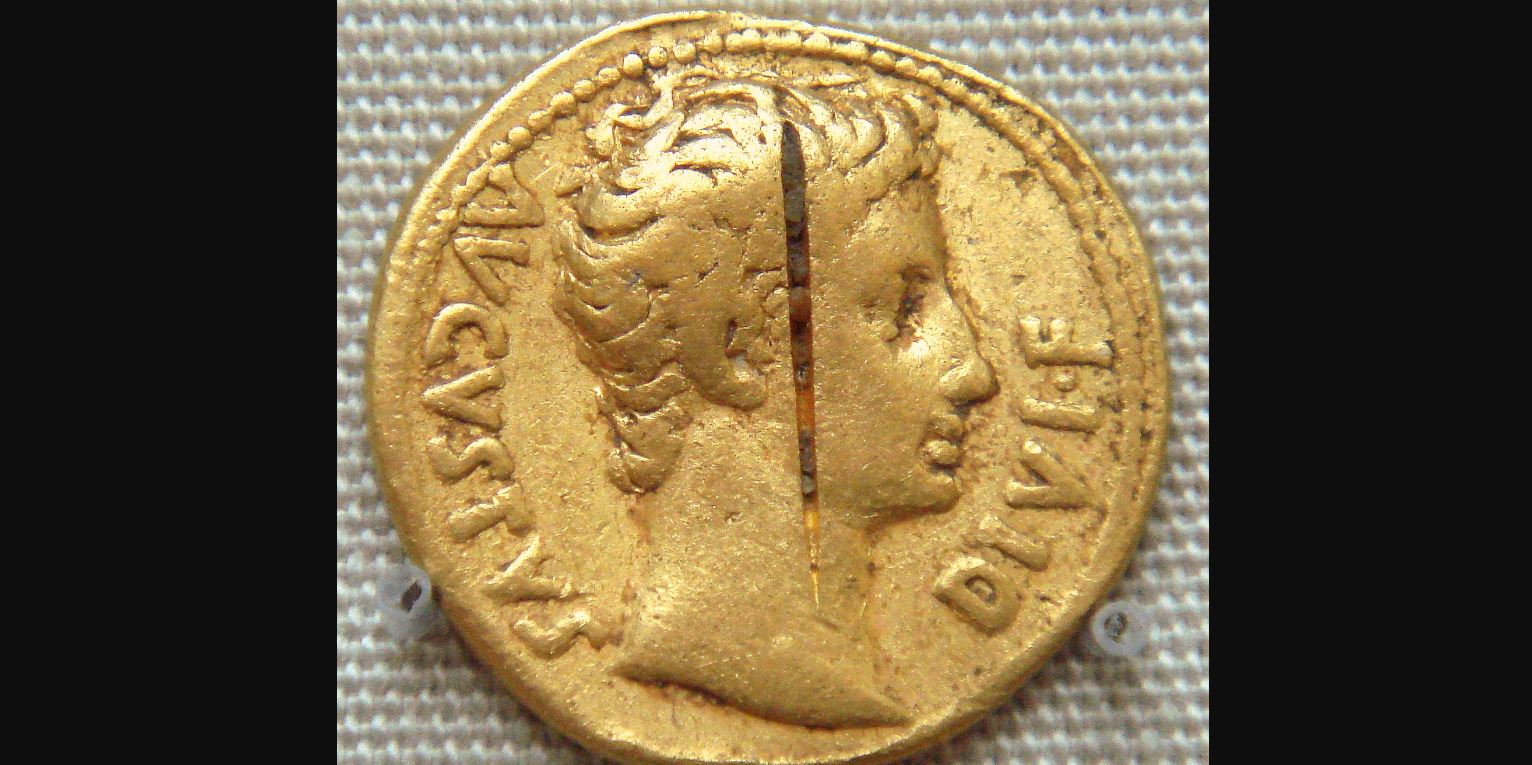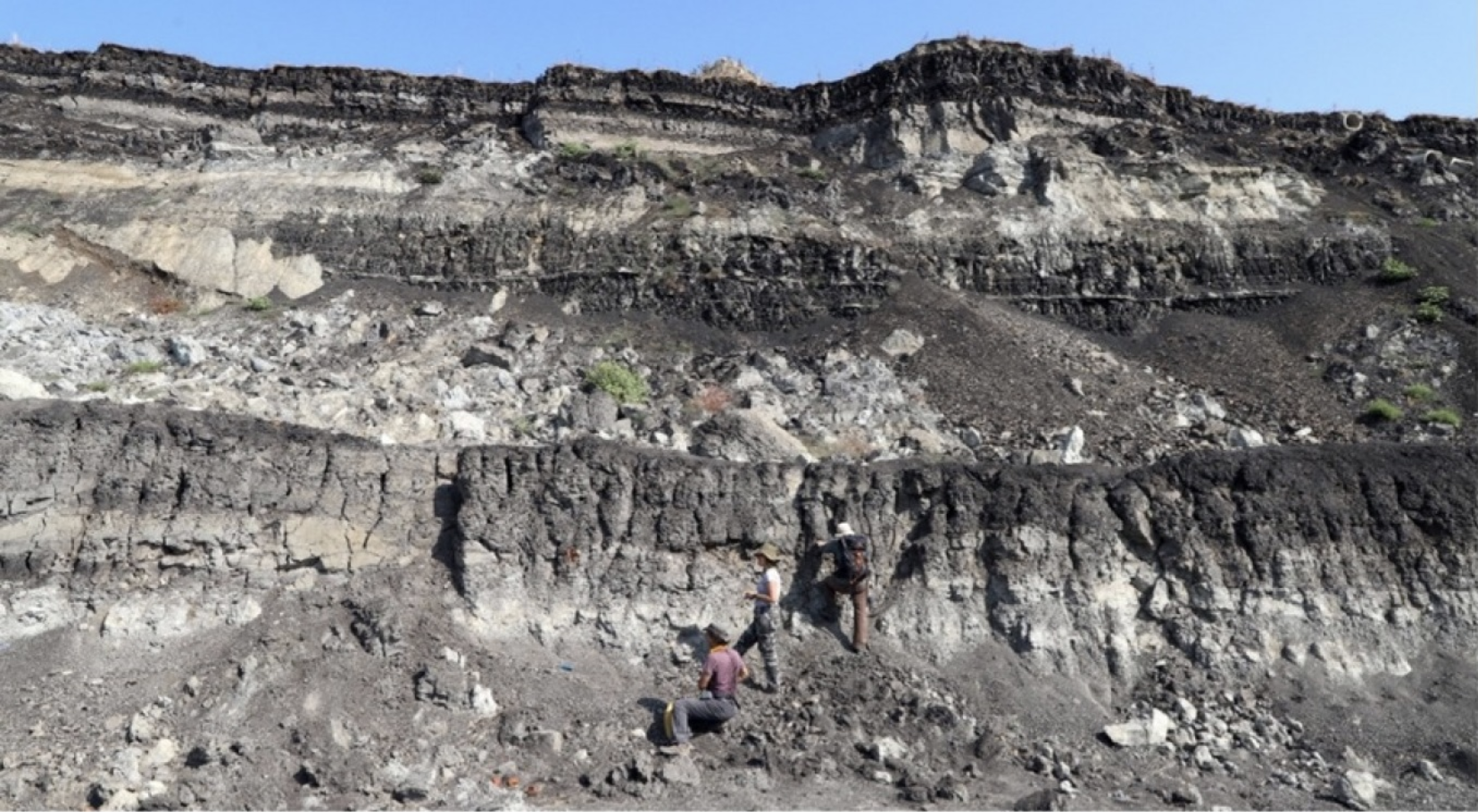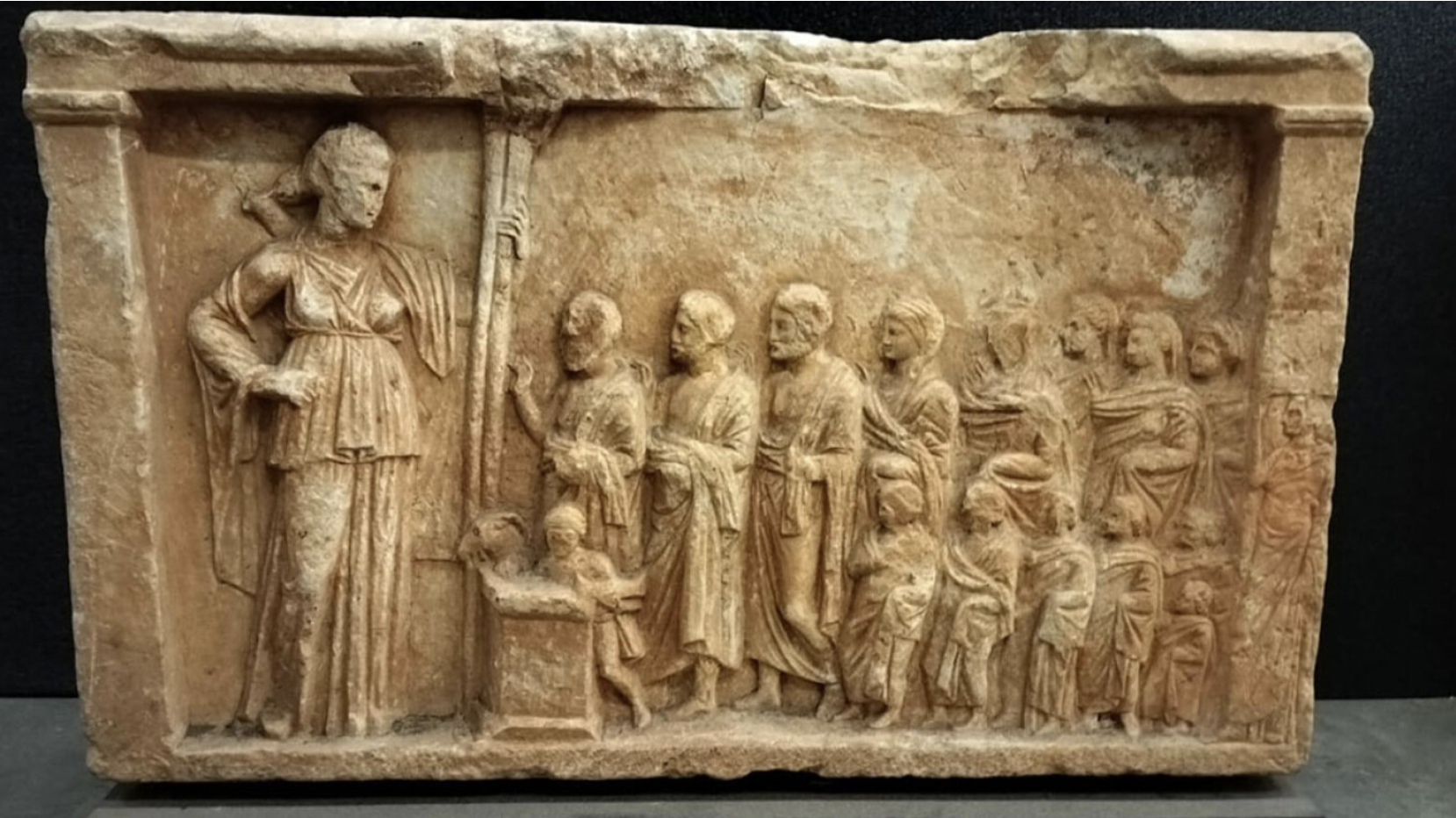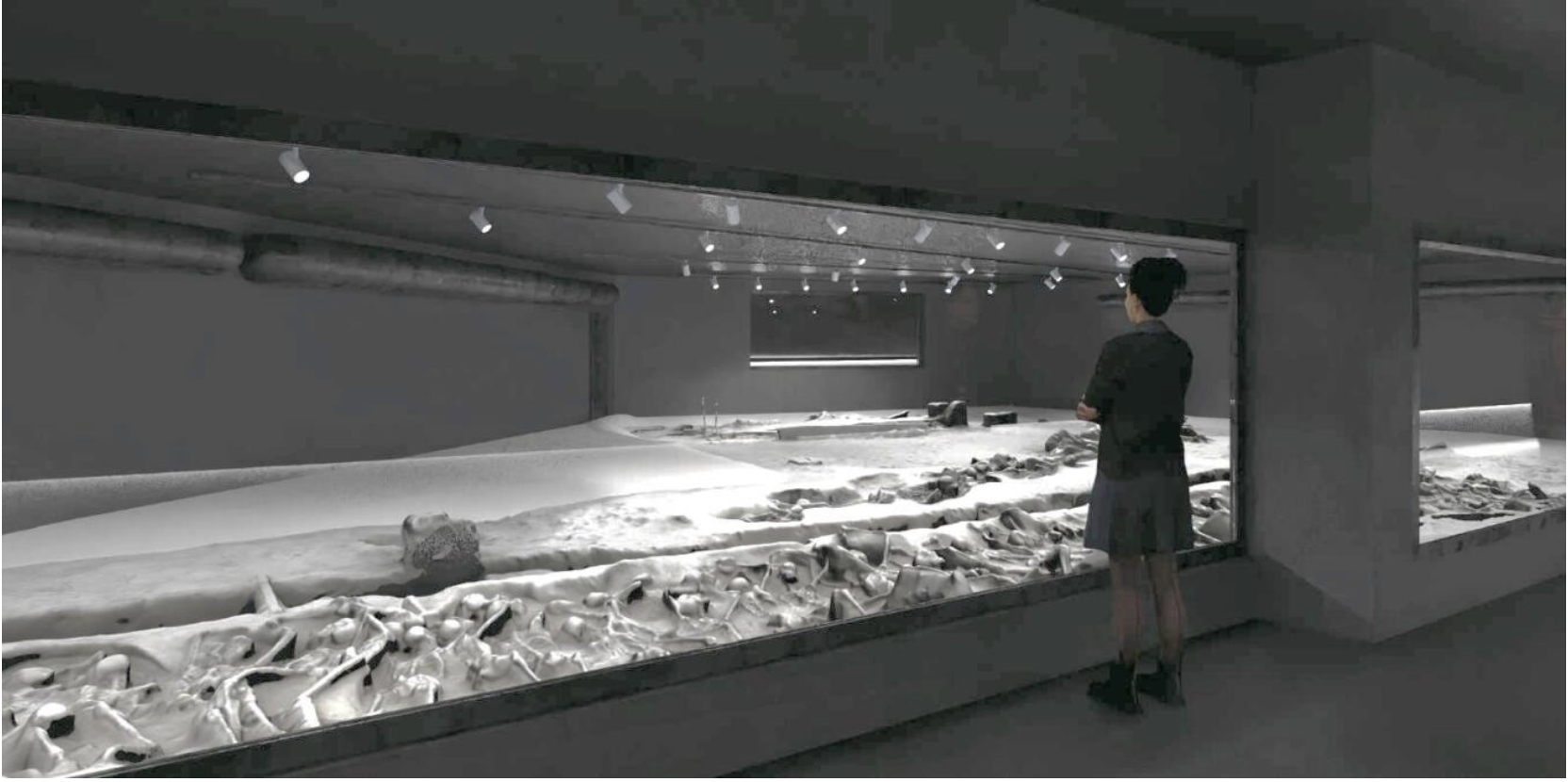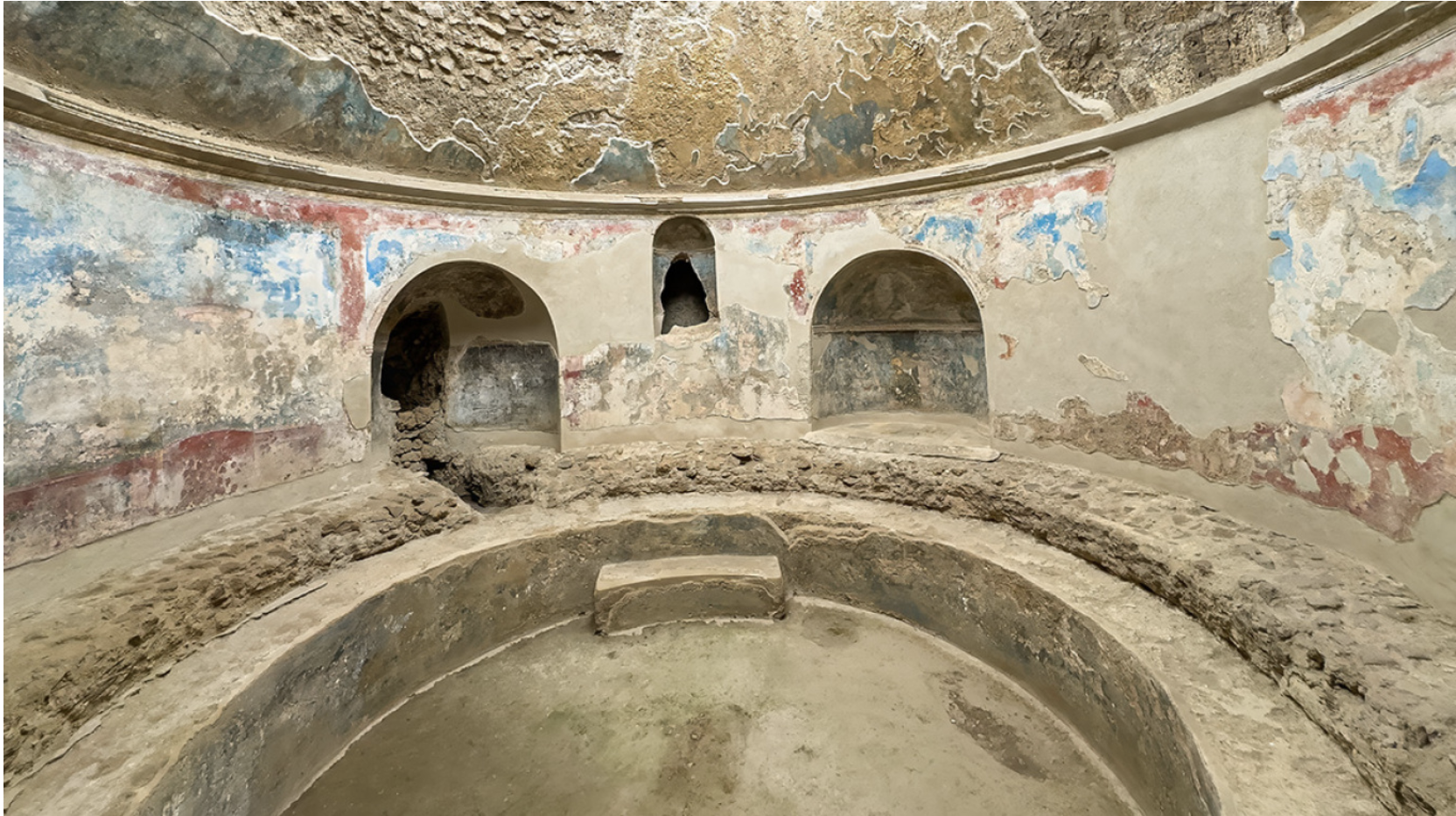Live Science reports that 11 Roman gold coins have been discovered to date by metal detectorists on farmland in an area of eastern England known as The Broads. The first four coins were found in 2017, after the soil had been plowed at the end of the harvest season. Each year since, additional coins have been recovered.
“They’re slowly coming to the surface; I think there’s more,” said numismatist Adrian Marsden of Norfolk County Council. He has dated the coins to the first century B.C. and the early first century A.D. All of them were minted before the Roman conquest of Britain in A.D. 43, he explained, and were buried on land once occupied by British Celts known as the Iceni before the invasion.
“It’s possible that a local tribe could’ve gotten ahold of the coins and perhaps planned to use them for other things, such as melting them down to make jewelry,” he said. Some of the coins bear images of Augustus Caesar, the first Roman emperor, with Gaius and Lucius, his grandsons, on the reverse. The others feature Augustus in profile with Gaius on horseback on the reverse. Small indentations on the tops of the coins indicate that someone had tested them for their purity.
source archaeology.org
also read
Rapper’s song title “Crackhead Hunter Biden Hacked” hits no.1 on iTunes Store (video)
Ask me anything
Explore related questions
